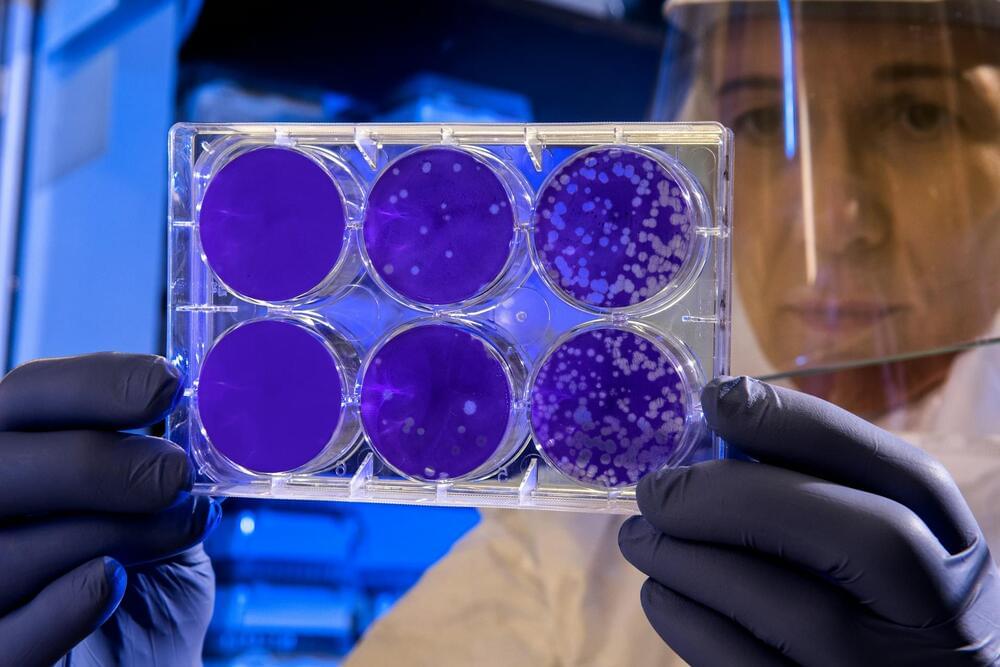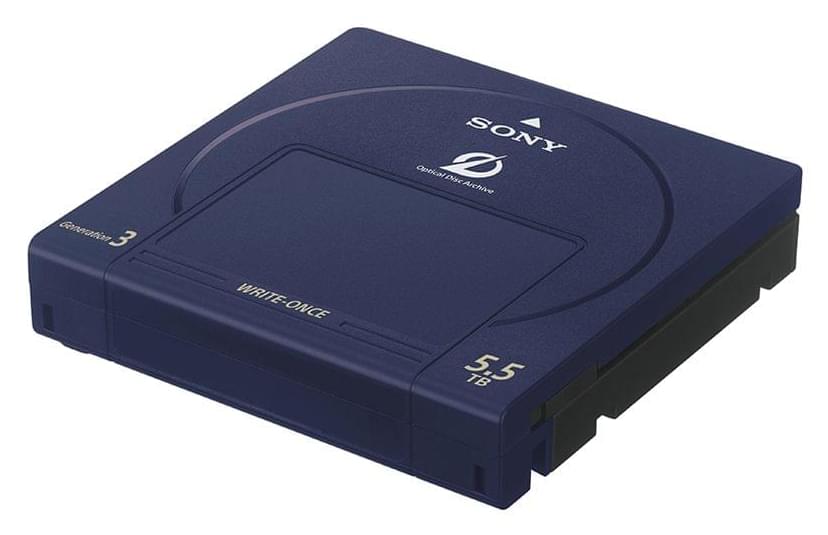Researchers at the Technion – Israel Institute of technology in Haifa have shown that boosting a person’s mental state could help them recover from a heart attack.
The researchers focused on the reward system – a network in the brain that is activated when a person is motivated or in a positive emotional state – in order to ascertain its impact on recovery from a heart attack, formally known as an acute myocardial infarction (AMI).
They found that activating this system in mice led to better clinical outcomes and reduced scarring of the heart tissue. And while the science behind the link between the brain and the heart is still undefined, the Technion said the study raises hopes of improved treatment for heart disease.



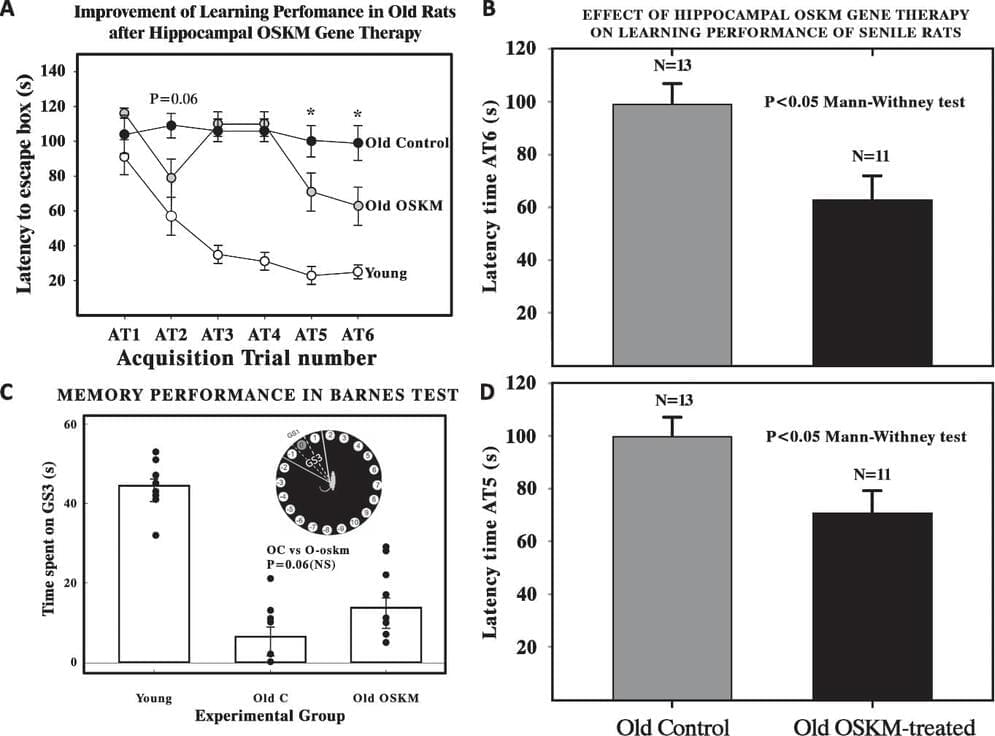
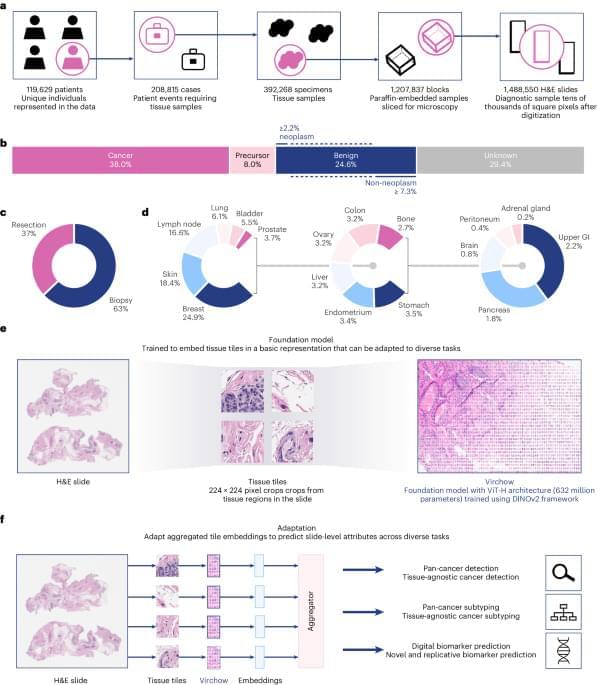
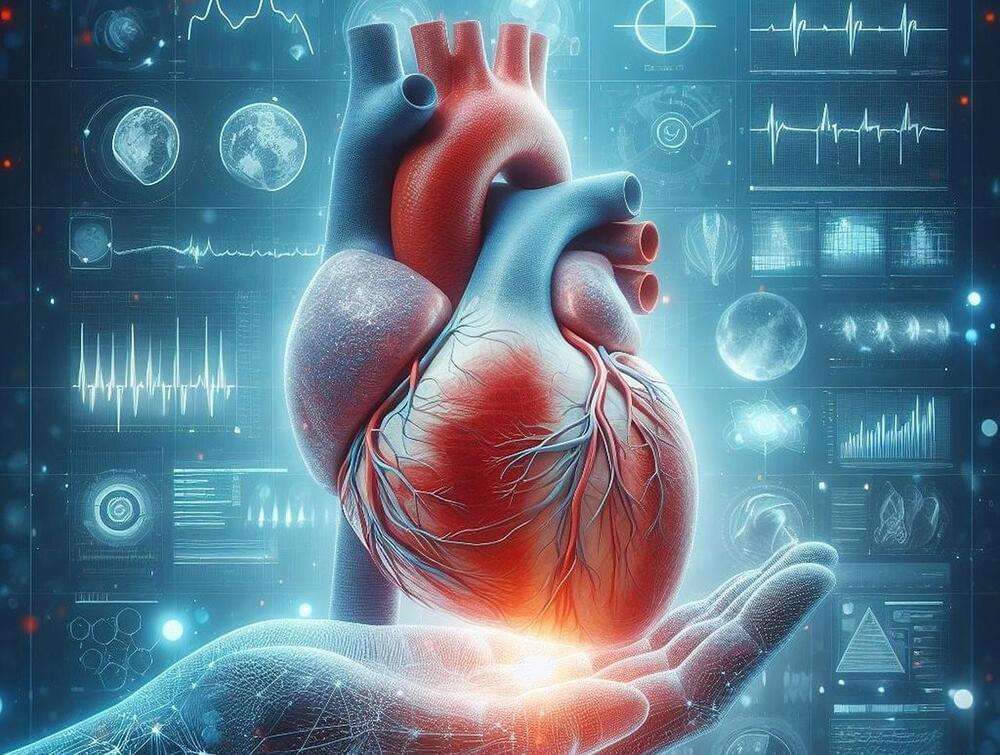
 עברית (Hebrew)
עברית (Hebrew)